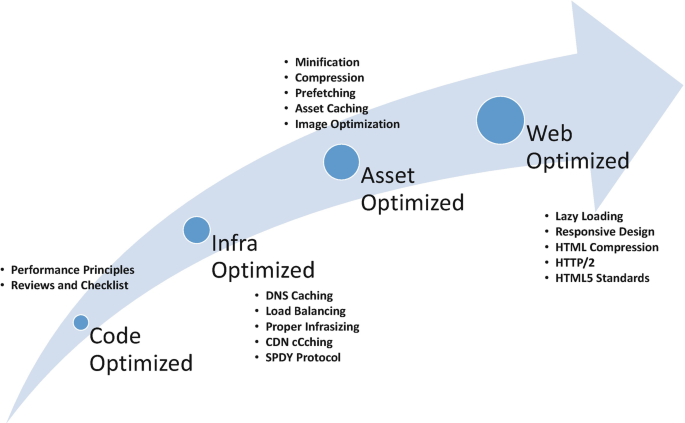Tube Rank: Your Guide to Video Success
Discover tips and insights for optimizing your video presence.
Speeding Up the Internet: A Race Against Loading Times
Discover the secrets to lightning-fast loading times and outpace your competitors in the ultimate race for internet speed!
Understanding Latency: Why Your Internet Feels Slow
Latency refers to the time it takes for data to travel from your device to a server and back again. This delay is often measured in milliseconds (ms), and even small amounts of latency can significantly impact your internet experience. High latency can make activities like online gaming, video conferencing, and streaming videos feel frustratingly slow. To better understand how this affects you, consider that a latency of 20 ms is generally considered excellent, while latencies above 100 ms can result in noticeable lag.
There are several factors contributing to high latency. These include your physical distance from the server, the quality of your internet connection, and the type of network traffic. For instance, if you're connecting to a server located thousands of miles away, you're likely to experience higher latency than if you were connecting to a local server. Additionally, congested networks or outdated hardware can also contribute to slow internet speeds. Understanding these factors can help you troubleshoot your connection issues and optimize your internet usage.

Top 10 Tips to Optimize Your Internet Speed
In today's fast-paced digital world, having a reliable internet connection is more crucial than ever. Here are the top 10 tips to optimize your internet speed and ensure a smoother online experience:
- Upgrade Your Plan: Evaluate your current internet plan and consider upgrading if you're consistently experiencing slow speeds.
- Reboot Your Router: Regularly rebooting your router can help clear any temporary issues and improve performance.
- Use Ethernet Cables: For a more stable connection, consider using Ethernet cables instead of relying solely on Wi-Fi.
- Limit Background Usage: Close unnecessary applications and devices that may be hogging bandwidth.
Beyond these initial steps, it's important to perform regular maintenance. Keeping your equipment and software updated can play a significant role in optimizing your internet speed. Here are a few more tips:
- Change Your Router Location: Positioning your router in a central location can help maximize Wi-Fi coverage.
- Reduce Interference: Keep your router away from electronic devices that could cause interference, such as microwaves and cordless phones.
- Use Quality of Service (QoS): Adjust QoS settings on your router to prioritize bandwidth for critical devices or applications.
- Scan for Malware: Regularly scanning your devices for malware can prevent malicious software from slowing down your internet speed.
- Contact Your ISP: If you've tried all these tips and still face issues, it might be time to contact your Internet Service Provider for further assistance.
The Science behind Loading Times: What You Need to Know
Loading times play a crucial role in user experience and search engine optimization (SEO). Studies have shown that slow loading times can lead to higher bounce rates, which negatively affects your website's ranking in search engine results. In fact, data suggests that for every second of delay, you could lose a significant percentage of potential visitors. This means that understanding the science behind loading times is essential for anyone looking to improve their website's performance and visibility.
Several factors contribute to loading times, including server speed, file sizes, and the amount of HTTP requests your site makes. To enhance loading speed, consider optimizing your images, leveraging browser caching, and reducing the complexity of your code. Additionally, tools like Google PageSpeed Insights can help you analyze your site and provide actionable insights for improvement. By implementing these strategies, you not only boost user satisfaction but also improve your site's overall SEO performance.